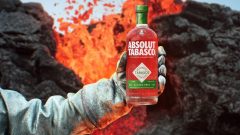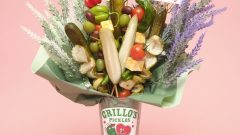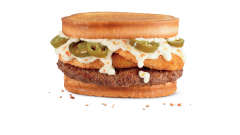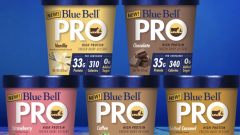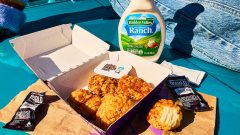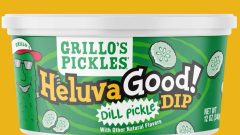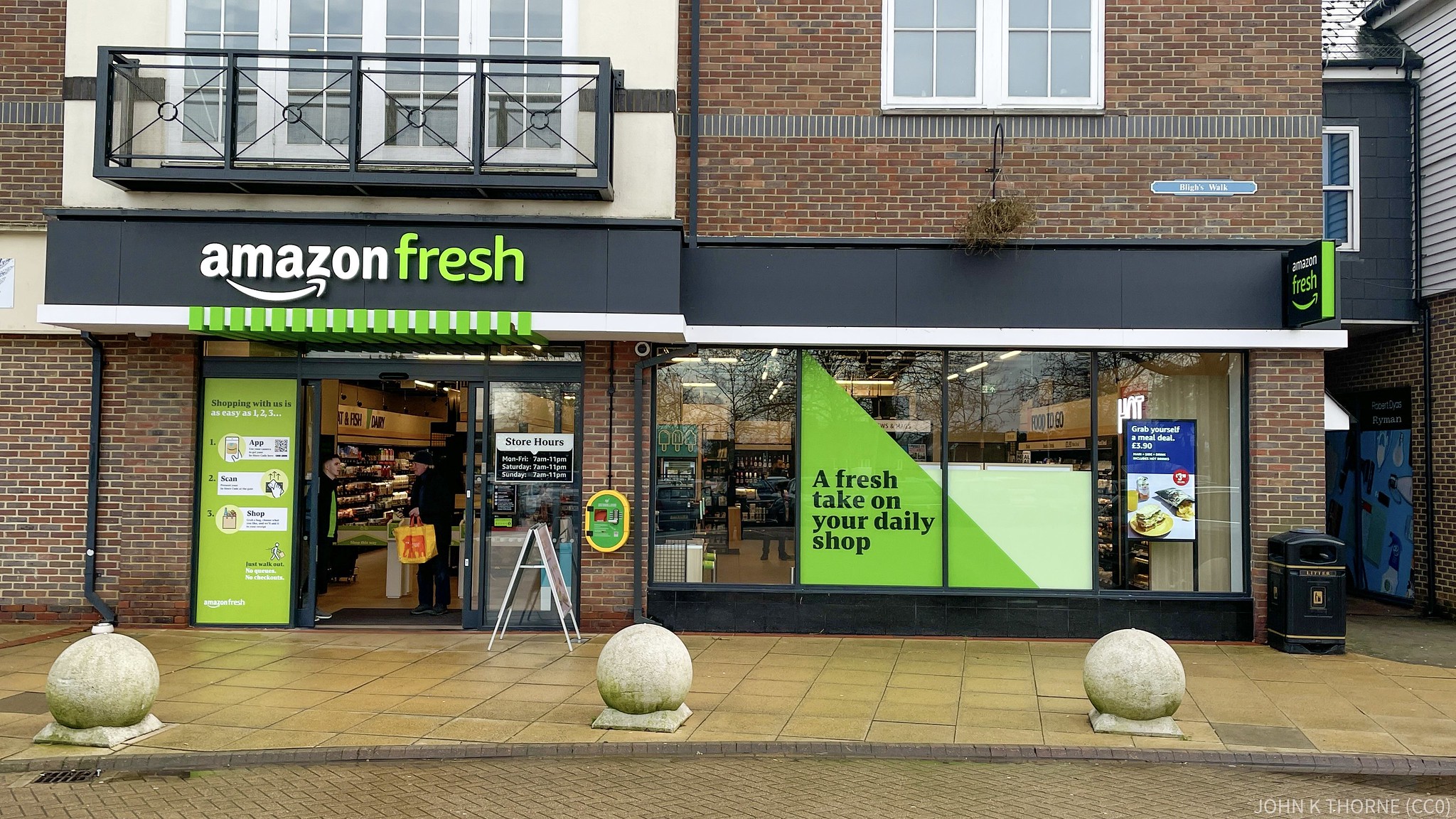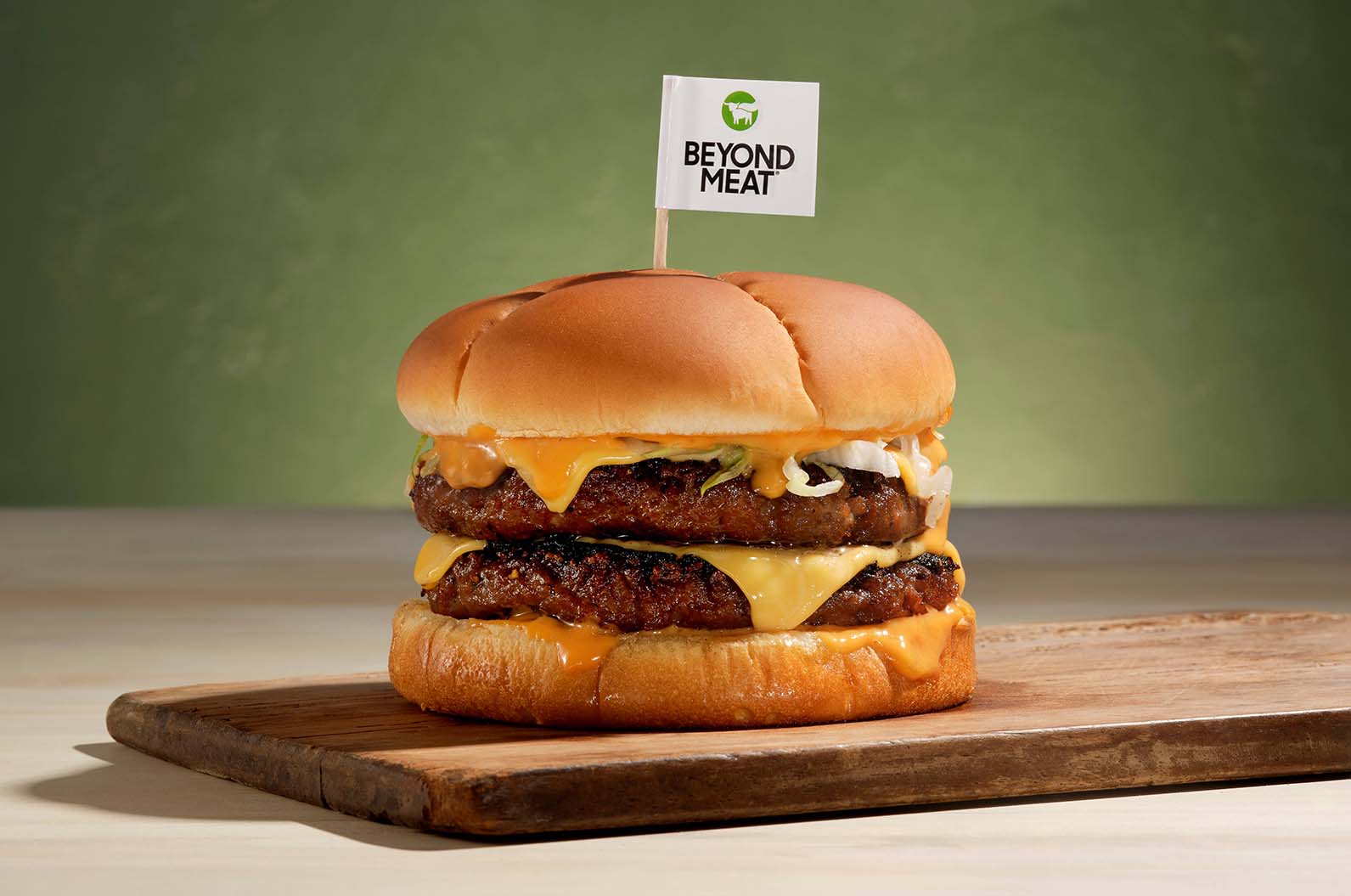Worm Delicacy From The Philippines May Hold Key To New Antibiotic
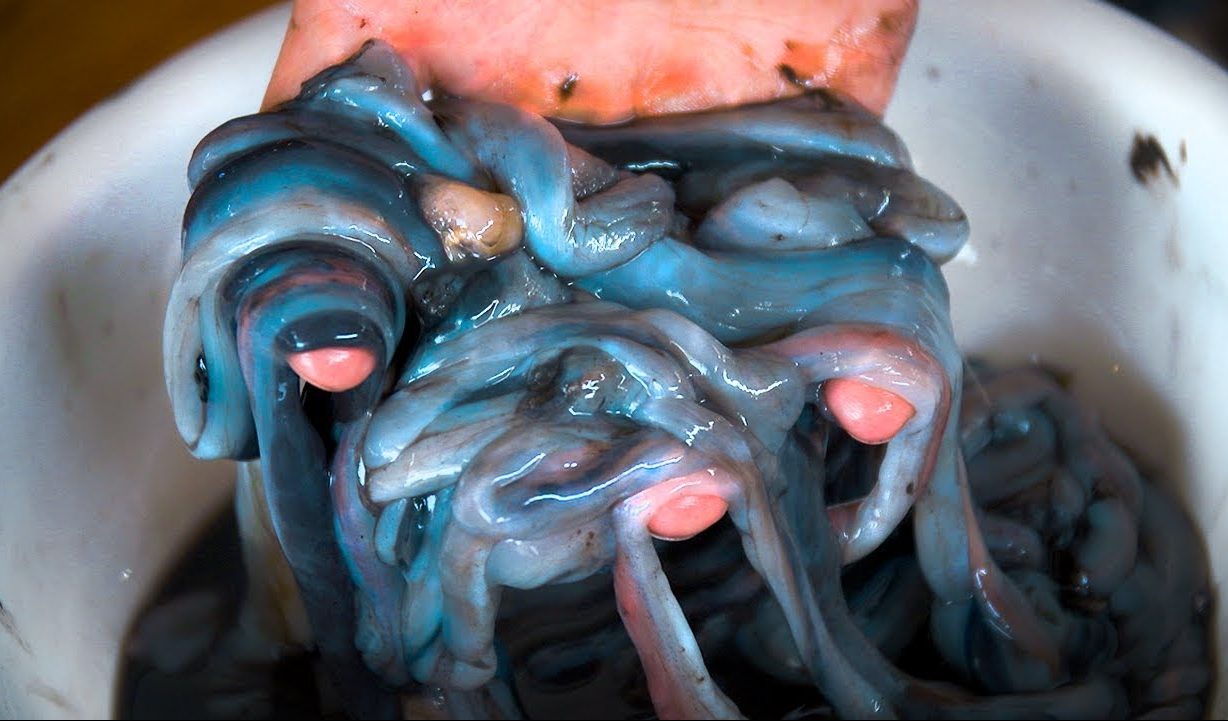
According to Al Jazeera, in the Philippines lives a slimy, riverside mollusk that could lead to improvements in human antibiotics. Primarily found on Palawan Island, the shipworm, known locally as the tamilok, is considered a seafood delicacy. It burrows into decaying mangrove tree logs with powerful teeth where it lives and thrives.
Locals harvest the worms by chopping into logs, extracting them from their burrows, and collecting them in buckets before transporting them to town. There, they are prepared with coconut vinegar and chili for kinilaw—a Filipino dish similar to ceviche—or deep-fried. Their taste is often compared to oysters, and thanks to their slimy texture, they’ve become a popular dare for adventurous tourists taking on the “tamilok challenge.”
Scientists, however, have recently discovered potential for medical application in the culture of the worm’s bacteria. The cultures have been extracted from the gills, purified, and stored in ultra-low freezers while they undergo studies. Dr. Gisela Concepcion of UP Marine Science Institute says that the bacteria is then grown in the lab in big cultures.
Growing cultures in a lab is a method of multiplying microbial organisms by letting them reproduce in a controlled environment. That gives scientists more bacteria samples to work with, allowing them to conduct more in-depth tests. Thus far, studies have shown the bacteria to produce an extract that is active against serious bacterial pathogens.
The team is now working to produce the antimicrobial compound in larger quantities, which could potentially lead to a new antibiotic. These findings have also inspired scientists to study other members of the tamilok family. They have already discovered one species that grows larger and has gills capable of converting sulfur into nutrients for sustenance.





